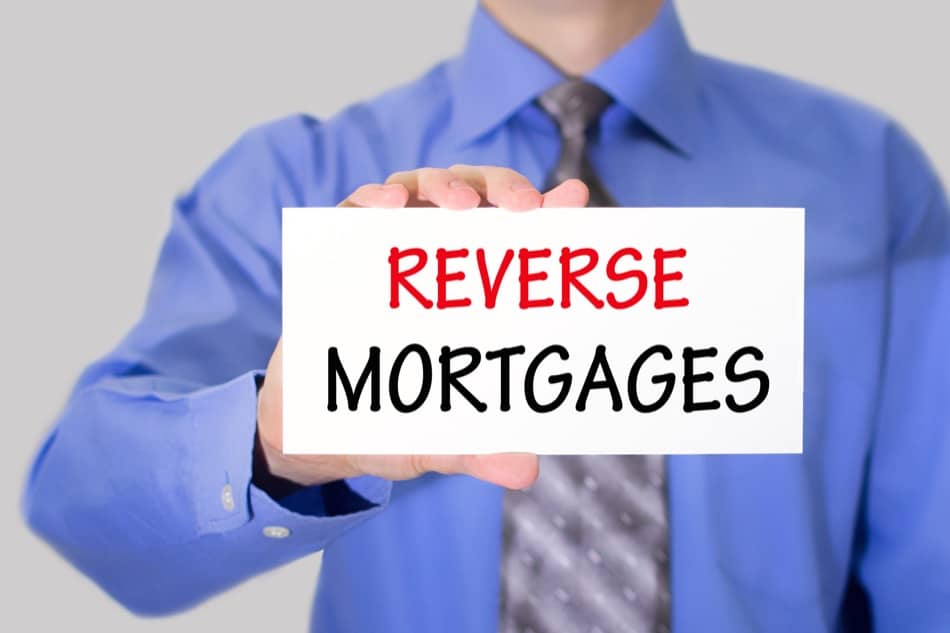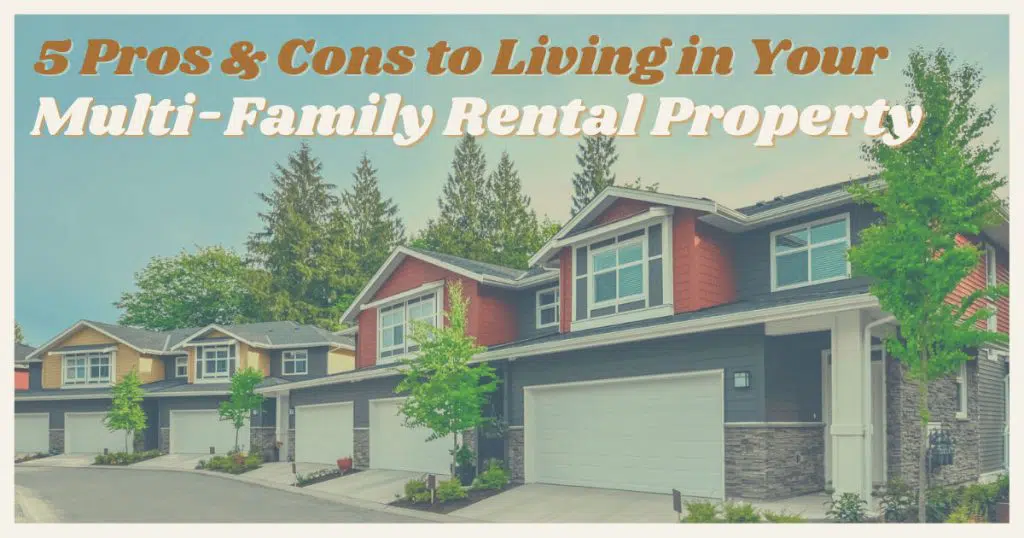
Are You a Homeowner? Here’s What You Need to Know About Reverse Mortgages
 Older homeowners living on a fixed income sometimes struggle to pay for certain expenses. For an older homeowner who needs to supplement his or her income, options are often limited. This is where a reverse mortgage can come in handy. Reverse mortgages are a type of loan that can help senior citizens who need to boost their income. If you’re an older homeowner who would like to know more about reverse mortgages, these tips can help.
Older homeowners living on a fixed income sometimes struggle to pay for certain expenses. For an older homeowner who needs to supplement his or her income, options are often limited. This is where a reverse mortgage can come in handy. Reverse mortgages are a type of loan that can help senior citizens who need to boost their income. If you’re an older homeowner who would like to know more about reverse mortgages, these tips can help.
For informational purposes only. Always consult with a licensed mortgage professional before proceeding with any real estate transaction.
What Is a Reverse Mortgage?
A reverse mortgage is a type of loan that can be made to a homeowner who is 62 years old or older. This type of mortgage converts a homeowner’s equity into a payment that is made to the homeowner. Often, this payment is made tax-free. Reverse mortgages are usually paid back when the homeowner moves, sells their house or dies.
What Are the Different Types of Reverse Mortgages?
Reverse mortgages come in three different types. Homeowners can decide which of the three types is right for them.
Single Purpose Reverse Mortgages
Single purpose reverse mortgages are loaned to homeowners by certain government agencies and non-profit organizations. Single purpose reverse mortgages are not available to all homeowners, because they’re not available in all areas of the country.
With this type of reverse mortgage, the loan is made to the homeowner for only one purpose. Often the single purpose reverse mortgage is used pay for a home remodel or home maintenance, property taxes or another large expense. Typically, homeowners who qualify for the single purpose reverse mortgage are those living on a low income.
Home Equity Conversion Mortgages
Home equity conversion mortgages have relatively high upfront costs. These reverse mortgages are backed by HUD (U.S. Department of Housing and Urban Development) and can be used for any purpose. Homeowners who decide to apply for a Home Equity Conversion Mortgage (HECM) must meet with a counselor before the loan can be approved, to ensure that he or she understands the terms and financial implications of the loan. HECMs are not dependent on the homeowner’s income level. Payback of the loan does not need to happen until the homeowner has been living in a medical facility for 12 consecutive months.
Proprietary Reverse Mortgages
A proprietary reverse mortgage is a reverse mortgage that is backed by a private company. The company sets the terms of the loan. These loans are not insured by the federal government. Proprietary reverse mortgages can be used for whatever the lender approves. Proprietary reverse mortgages make up a small percentage of the reverse mortgages that are loaned to homeowners.
How Does A Reverse Mortgage Work?
When a homeowner takes out a reverse mortgage, the homeowner is allowed to keep the title to the home. The payments made to the homeowner represent an advance on the equity that the homeowner has built up in the home. After the borrower sells the home, moves away or dies, the loan is due.
What Are the Pros and Cons of A Reverse Mortgage?
A reverse mortgage enables an older homeowner living on a fixed income to take on a large expense or live more comfortably. Reverse mortgages can help older homeowners make home repairs and maintenance that might otherwise not be possible. Unlike other loans, the reverse mortgage does not require the homeowner to make payments in monthly installments. For homeowners who simply have an income that is too low, reverse mortgages can help supplement the monthly income.
However, reverse mortgages have their downsides. This type of mortgage can impact the homeowner’s ability to pass on their house or estate to family members. In addition, fees and up front costs can be high. Finally, this type of mortgage requires the homeowner to maintain their property, continue making necessary repairs and doesn’t allow deferred maintenance.
How Can You Tell If A Reverse Mortgage Is Right For You?
Many lenders will require the home owner to get lender counseling before the loan can be made. The purpose of the lender counseling is to ensure that the homeowner understands the mortgage and has made a clear decision that this type of loan is what they want. Therefore, the best way for most homeowners to decide that the reverse mortgage is right for them is to take the counseling, explore the alternatives and then make a decision based on the information provided.
If you are a homeowner who is interested in getting a reverse mortgage, talk to a reputable mortgage lender in your area. Your lender or qualified Hudson WI real estate agent might help you decide whether or not a reverse mortgage is right for you.
For informational purposes only. Always consult with a licensed mortgage professional before proceeding with any real estate transaction.



